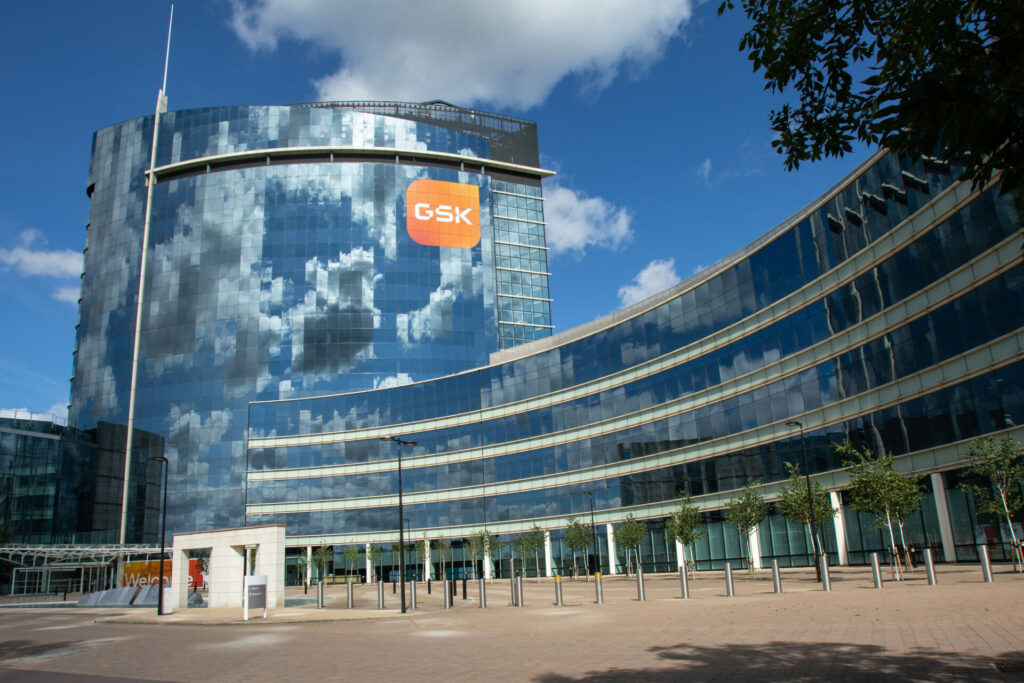British pharmaceutical company GlaxoSmithKline has split-off its consumer activities from the company, creating new corporate spin-off Haleon, which debuted on the stock market on 18 July.
GSK has now split off its over-the-counter (OTC) products, such as toothpastes, vitamins, nicotine products, and paracetamols, handing over operations to Haleon. The GSK group will now instead focus on vaccines and pharmaceutical products under the GSK name.
This is the biggest European listing on the London Stock Exchange in nearly a decade. Haleon shares started trading at 330 points, with a total value of around £31 billion. Haleon is set to rapidly become a blue-chip option alongside GSK on the FTSE 100. This is the biggest listing since mining and commodity company Glencore hit the stock market in 2011.
GSK claims that the demerger, which represents their largest corporate restructuring in 20 years, will allow the company to have a “leaner” balance sheet, as well as a stronger position in regards to future mergers or acquisitions.
The new company is set to compete with other consumer health groups such as the maker of Strepsils, Reckitt Benckiser, and Johnson & Johnson consumer health division. Haleon previously defied a £50 billion offer from Unilever to buy out the new company. Shareholders of GSK have received one Haleon share for each GSK share that they own.
Related News
- Huge vaccine distribution hub to be built near Namur
- EMA recommends new Valneva Covid-19 vaccine for use
“Today’s listing is a win for the London Stock Exchange post Brexit, given that the UK stock market has become overly reliant on commodity and financial businesses,” head of investment at Interactive Investor told British newspaper The Guardian. “However for Haleon, there’s no doubt this is an extremely challenging time to come to market with this year’s equity market volatility that has led to a sharp decline in IP (initial public offering) activity.”
The new company Haleon will employ some 22,000 employees across 170 markets. In a comment to Belgian broadcaster RTBF on 1 July, Emmanuel Amory, the new managing director of GSK Belgium, stated that the split represented an “amicable separation” rather than a divorce.
“We have an entity that makes over-the-counter drugs. This division has become so big and weighs so much that it can very well now function on its own,” Amory said.

